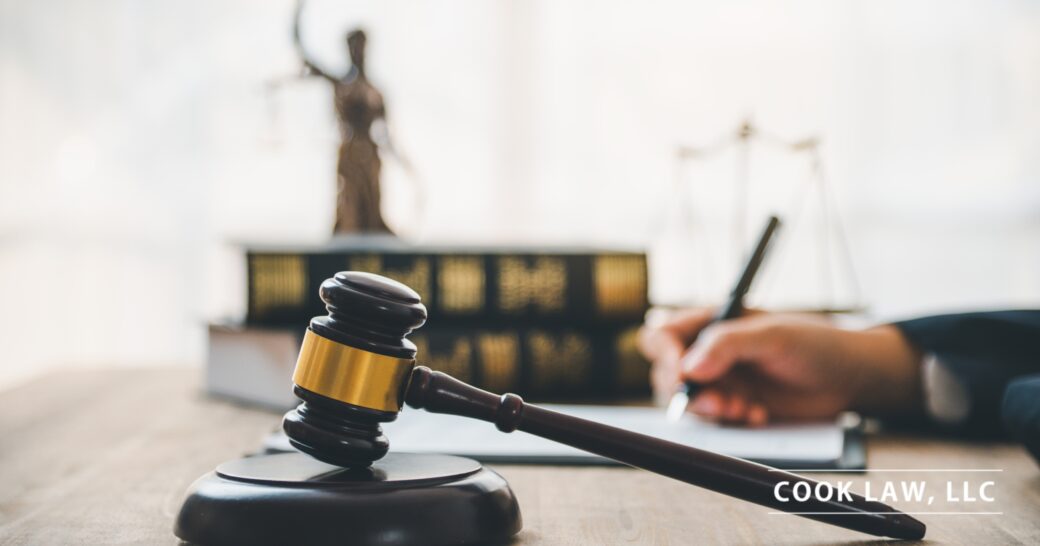Imagine this: It's time to review your annual credit report, expecting to see the results of a year of meticulously building good credit. But as you scan the familiar columns of numbers and accounts, your heart sinks. There, glaring back at you, is an error – a late payment on a credit card you know you paid on time. You make think this is a simple thing to fix but that is certainly not always the case.
Your annual credit report is like a snapshot of your financial life, capturing your borrowing and repayment history. It's a document that holds immense power over your financial well-being. A seemingly small error, like an incorrect payment status or a misreported balance, can have a ripple effect, impacting your credit score and ability to secure loans, housing, or even employment.
But don't despair. In this blog post, we'll uncover the common errors that lurk in annual credit reports and empower you with the knowledge of your legal rights under the Fair Credit Reporting Act. And if the going gets tough, we'll guide you on when to seek professional help from credit lawyers who specialize in correcting these costly mistakes.
Common Errors on Credit Reports

Credit reports aren't immune to mistakes, and these errors can wreak havoc on your financial life. Here's a look at some of the most frequent culprits:
Incorrect Personal Information: Your name might be misspelled, your address outdated, or even your social security number listed incorrectly. While seemingly minor, these inaccuracies can lead to confusion and even raise red flags for lenders.
Accounts That Don't Belong to You: Identity theft can result in accounts fraudulently opened in your name, or you might find accounts belonging to someone with a similar name mistakenly listed on your report.
Incorrect Account Statuses: A closed account might be reported as open, or a late payment that isn't yours could appear. These errors paint a misleading picture of your financial responsibility.
Duplicate Accounts: Sometimes the same debt can show up multiple times on your report, potentially inflating your debt levels and hurting your score.
Incorrect Balances or Credit Limits: Inaccurate balances can make your credit utilization appear higher than it actually is, a factor that significantly impacts your score.
Even seemingly small errors can have a big impact. They can lower your credit score, making it harder to qualify for loans, credit cards, or favorable interest rates. They can also create headaches when applying for housing or jobs, as many landlords and employers check credit reports as part of their screening process.
Your Legal Rights Under the Fair Credit Reporting Act (FCRA)

The Fair Credit Reporting Act (FCRA) is a federal law designed to protect consumers by ensuring the accuracy, fairness, and privacy of the information contained in their credit reports. This law empowers you to take control of your credit information and challenge any inaccuracies you may find.
Here are some key provisions of the FCRA that are particularly relevant when dealing with errors on your credit report:
Right to Free Annual Credit Reports: You are entitled to a free copy of your credit report from each of the three major credit bureaus (Equifax, Experian, and TransUnion) every 12 months. This allows you to regularly monitor your credit information and identify any potential errors.
Right to Dispute Inaccurate Information: If you find errors on your credit report, you have the right to dispute them with both the credit bureau and the information provider (the company that reported the information).
Right to Have Errors Corrected: If your dispute is valid, the credit bureaus and information providers are obligated to correct the inaccurate information on your report.
Right to Sue for Damages: In certain cases, you may have the right to sue credit bureaus or information providers for damages if they fail to comply with the FCRA.
Remember, you have a legal right to accurate credit reports. Don't let errors hold you back from achieving your financial goals.
When to Seek Help from a Credit Lawyer
While disputing errors on your own is possible, certain situations may require the expertise of a credit lawyer:
Complex Errors or Disputes: If your credit report contains numerous errors, or the errors are complex and difficult to prove, a lawyer can provide invaluable assistance in navigating the dispute process.
Difficulty Dealing with Credit Bureaus or Creditors: If you're facing roadblocks with unresponsive or uncooperative credit bureaus or creditors, a lawyer can leverage their knowledge of the law and negotiation skills to get results.
Identity Theft or Fraud: If you're a victim of identity theft, a credit lawyer can help you take legal action against the perpetrators and restore your credit.
Need for Legal Action: In some cases, lawsuits may be necessary to force credit bureaus or furnishers to correct errors. A credit lawyer can represent your interests in court.
Desire for Professional Guidance and Representation: If you simply feel overwhelmed or unsure of how to proceed, a credit lawyer can provide expert advice, handle the dispute process on your behalf, and ensure your rights are protected.
Cook Law LLC Can Help You Fight for Your Rights:
At Cook Law LLC, our experienced credit lawyers specialize in consumer law and credit repair. We have a proven track record of helping clients identify and correct errors on their credit reports, leading to improved credit scores and financial opportunities. If you're struggling with inaccuracies on your credit report, don't hesitate to contact us for a free consultation. Let our dedicated team fight for your financial future.
